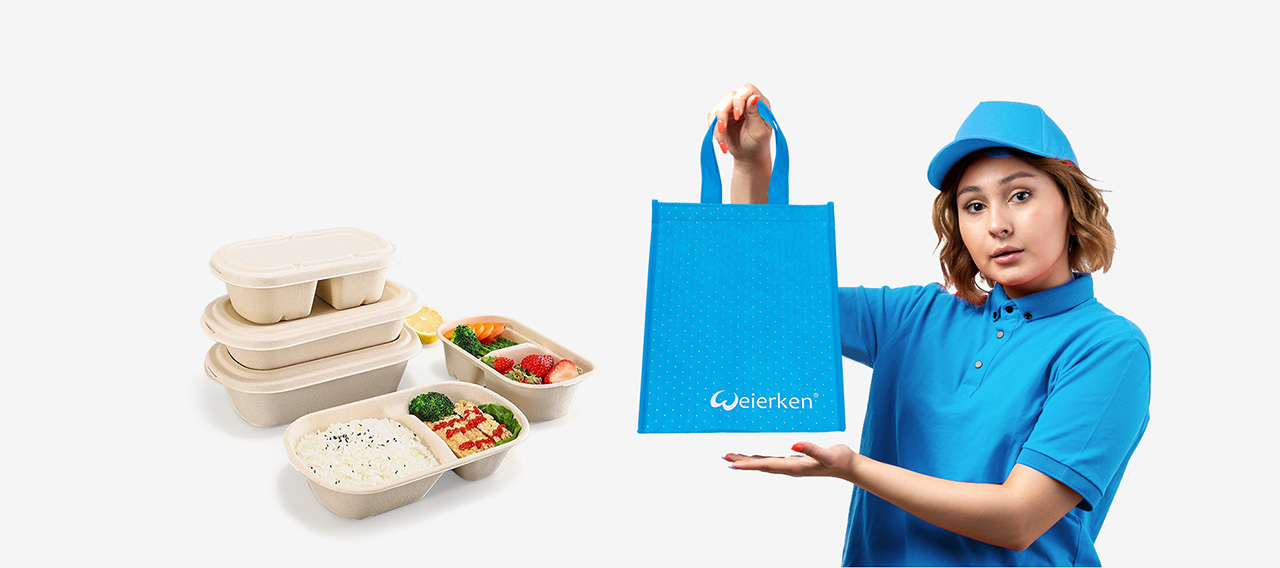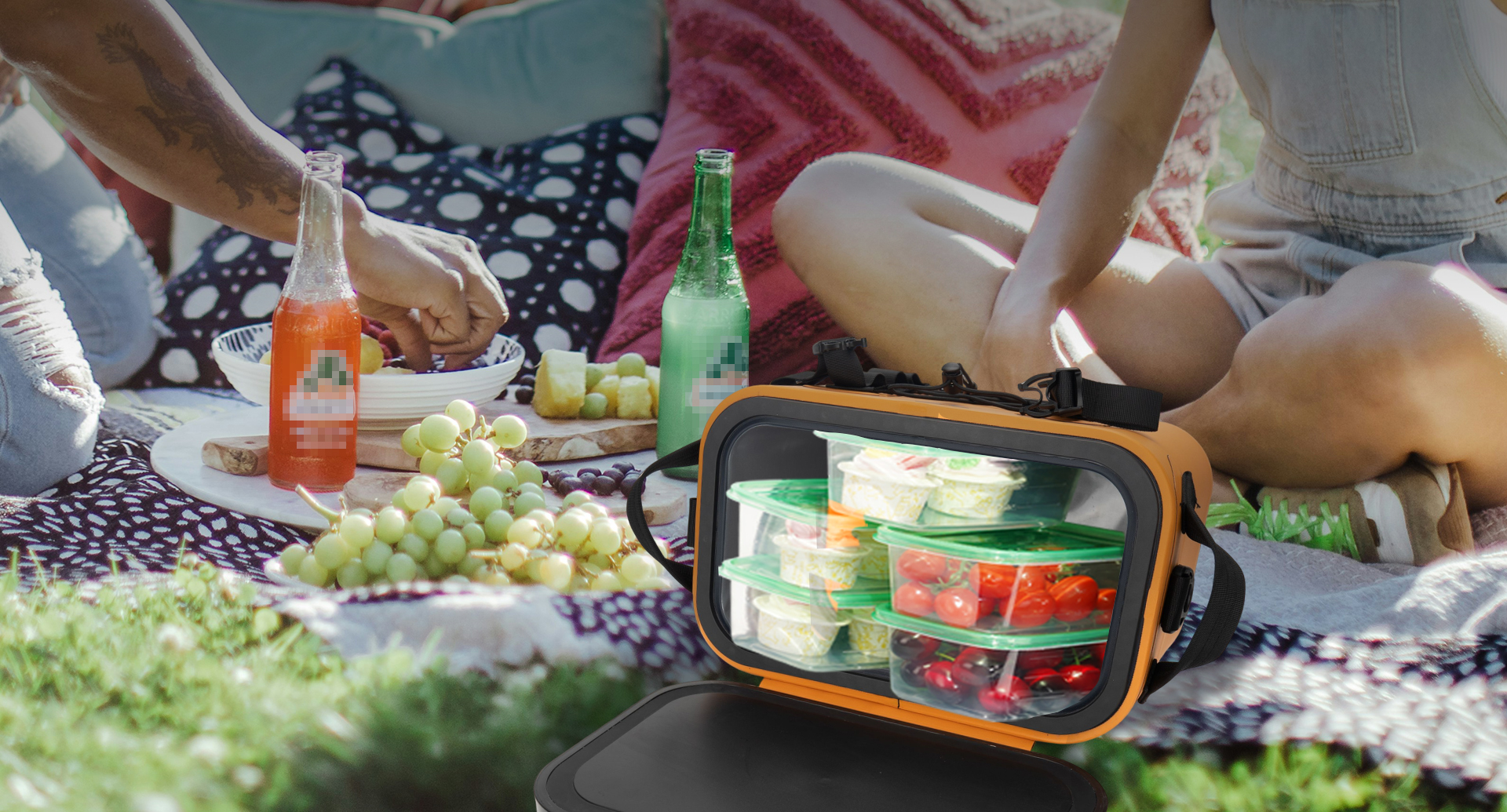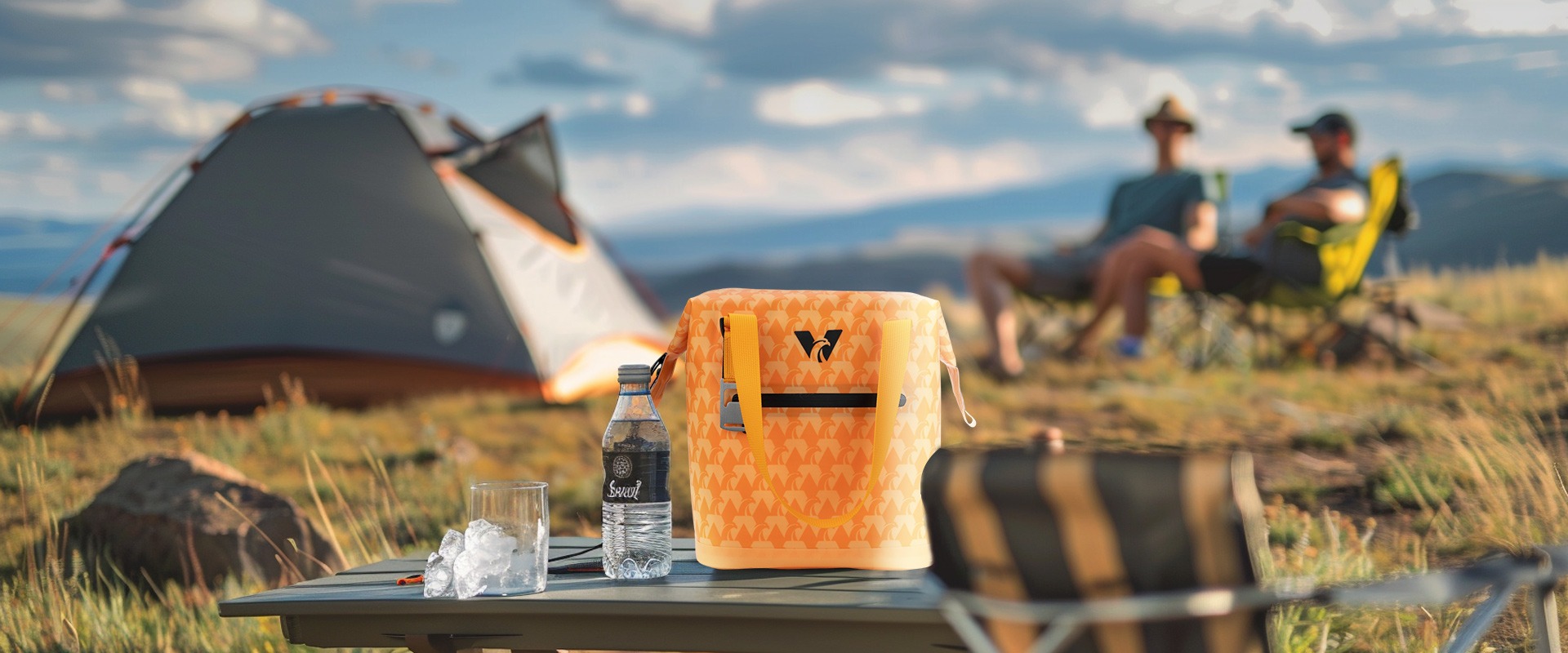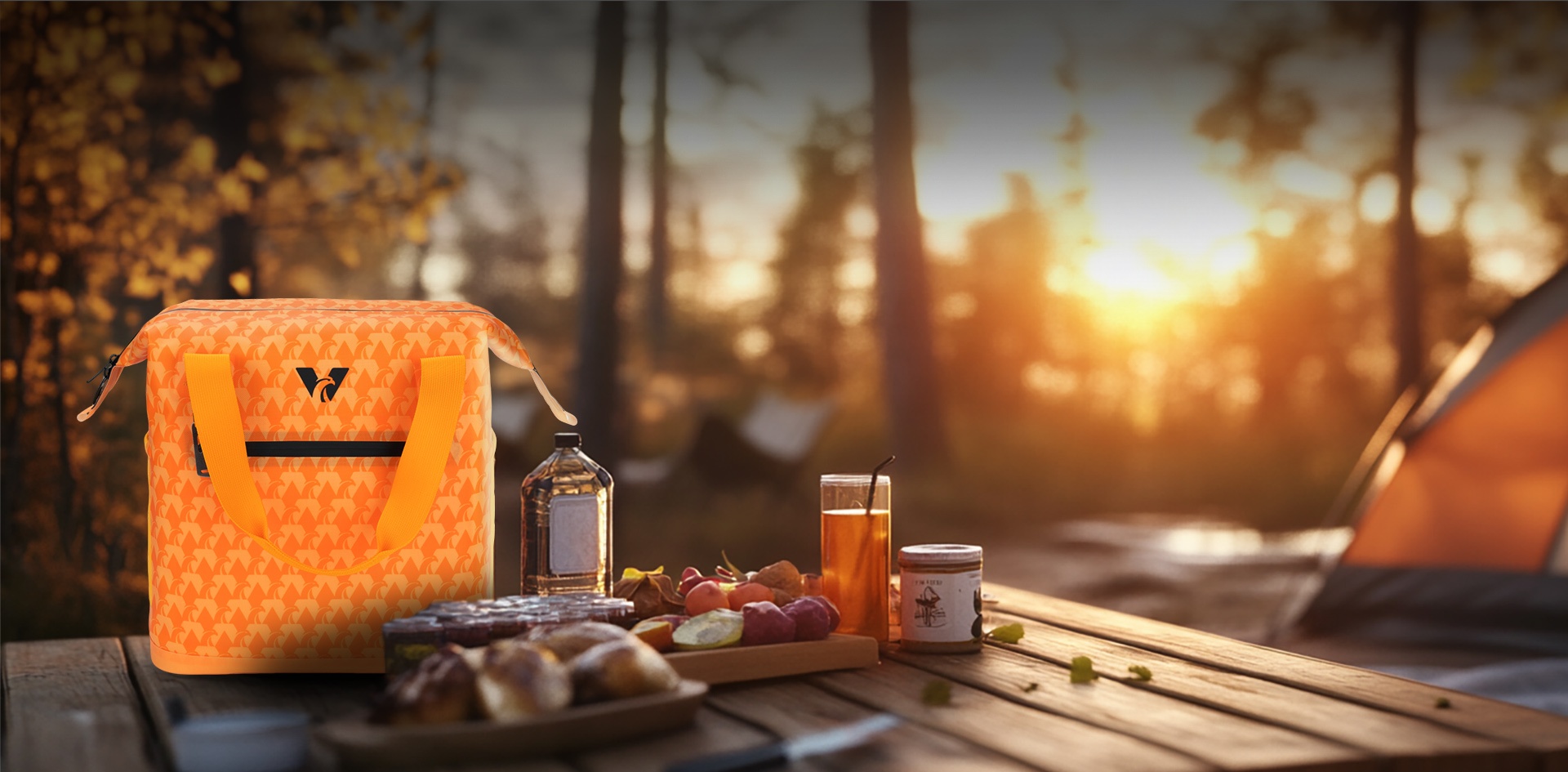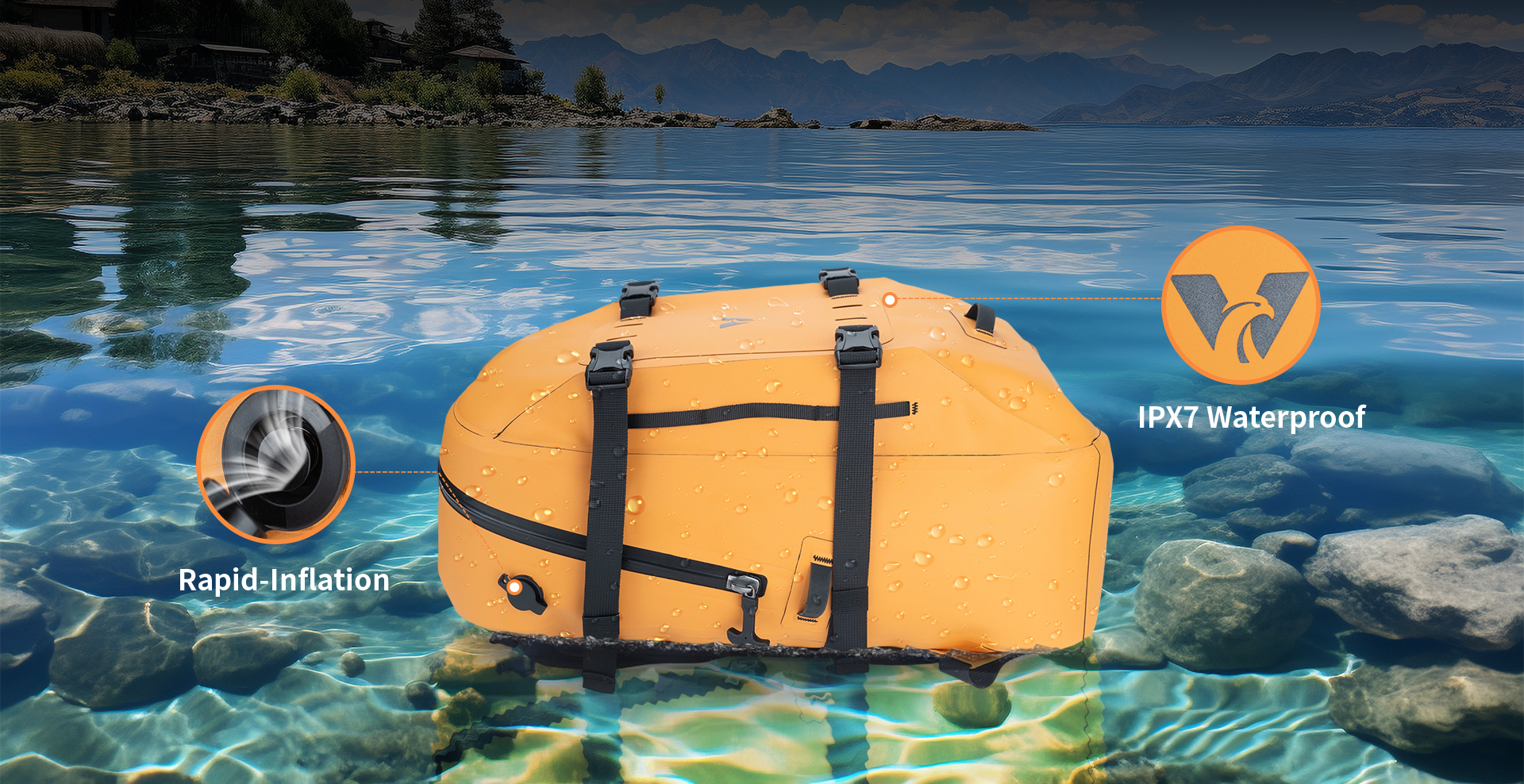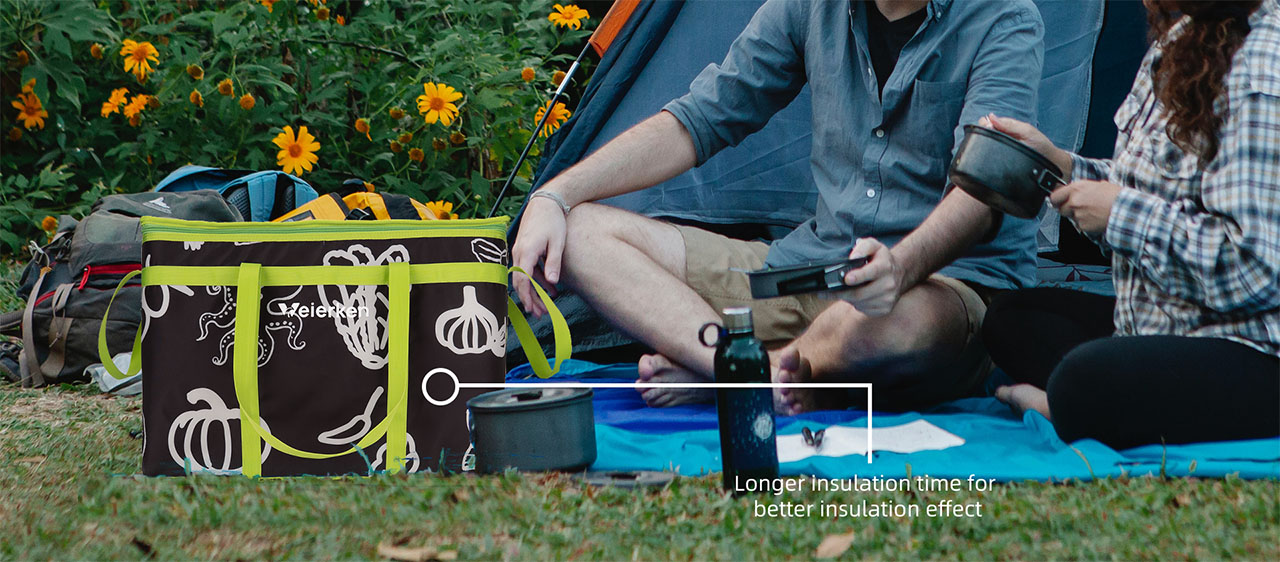If you’re reading this, you’re likely a sourcing professional, a product manager, or a brand owner looking to place a bulk order for custom eco-friendly bags. You already know that this process is far more complex than simply comparing price points. In the B2B landscape, your choice of manufacturer is a direct reflection of your brand’s commitment to sustainability, quality, and reliability. A misstep can lead to greenwashing accusations, delayed launches, or subpar products that damage your reputation.
This isn’t about finding a factory; it’s about vetting a strategic partner capable of translating your brand’s eco-values into a tangible, market-ready product. The right partner, like Weierken, which has navigated the intricacies of sustainable manufacturing for years, should act as an extension of your team. To help you navigate this critical selection process, we’ve compiled the ten essential questions you must ask any potential supplier for your eco friendly bag bulk order. These questions are designed to peel back the marketing layers and assess operational reality, ensuring your investment is sound, scalable, and genuinely sustainable.
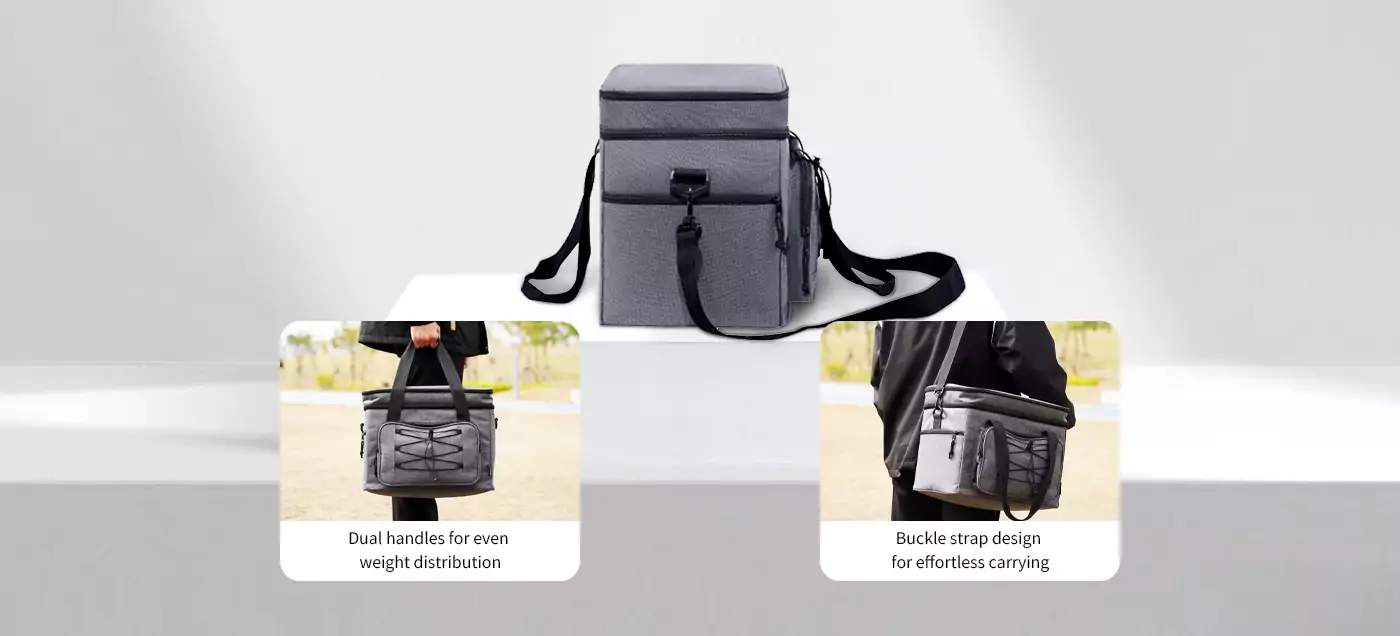
The Core 10: Your Manufacturer Interrogation Checklist
1. What is Your In-House R&D and Design Support Process for OEM/ODM Projects?
- The B2B Angle: You’re not just buying a generic bag; you’re developing a product that fits your unique market segment. Whether you need an OEM (your design, their manufacturing) or ODM (their design and manufacturing) service, the manufacturer’s R&D capability is paramount.
- Probing Deeper: Ask about their design team’s structure. Do they have specialists in materials, trends, and functionality? Can they provide insights from recent market research? For instance, a good partner will advise on the pros and cons of different eco-friendly materials for your specific bag type (e.g., RPET for durability in tote bags vs. a softer fabric for reusable produce bags).
- The Weierken Insight: A manufacturer with a robust R&D team will proactively discuss design support, present material swatches, and have a clear, iterative prototyping process to refine your concept before it goes into mass production.
2. Can You Detail Your Material Sourcing and Provide Proof of Eco-Certifications?
- The B2B Angle: “Eco-friendly” is a broad term. Your due diligence requires concrete proof. You need to verify the entire supply chain’s integrity.
- Probing Deeper: Don’t just accept “we use recycled materials.” Ask for specifics: What percentage of the fabric is post-consumer waste (e.g., RPET from bottles)? Is the cotton GOTS certified? Request certificates like the Global Recycled Standard (GRS), which tracks the recycled content from input to final product. This is non-negotiable for credible brands.
- The Weierken Insight: Reputable manufacturers will transparently share their material suppliers’ certifications and their own GRS status, providing a verifiable chain of custody for your custom eco-friendly bag bulk order.
3. What Social and Ethical Compliance Certifications Do You Hold?
- The B2B Angle: Sustainability isn’t just environmental; it’s social. Your European or North American clients may require proof of ethical manufacturing practices. A failure here can lead to rejected shipments and PR crises.
- Probing Deeper: The BSCI (Business Social Compliance Initiative) audit is a key benchmark. Ask to see their latest BSCI report. This demonstrates their commitment to fair labor practices, worker safety, and reasonable working hours. It de-risks your supply chain.
- The Weierken Insight: A manufacturer that invests in BSCI and similar audits is one that plans for the long term and understands the compliance demands of the global market, making them a safer partner for your brand.
4. What is Your Realistic Production Capacity and Lead Time for a Bulk Order?
- The B2B Angle: A “30-day lead time” sounds great until you realize it doesn’t account for material sourcing, sample approval, or holiday closures. You need a breakdown.
- Probing Deeper: Ask for a detailed production schedule. How long is sampling? Material procurement? Cutting, printing/sewing, quality control, and shipping? Crucially, inquire about their capacity during peak seasons. Can they handle a rush replenishment order if your initial stock sells out faster than anticipated? A realistic total delivery cycle can range from 25 days for simple, in-stock material projects to 65 days for complex, customized bags with new material development.
- The Weierken Insight: An honest manufacturer will provide a timeline with clear milestones and communicate potential bottlenecks upfront, rather than giving an overly optimistic single figure.
5. How Do You Manage Quality Control Throughout the Production Process?
- The B2B Angle: Discovering that 30% of your 10,000-unit order has stitching defects upon arrival is a nightmare. Quality control must be proactive, not reactive.
- Probing Deeper: Ask about their QC protocol. Is there an In-Process Quality Control (IPQC) team on the factory floor? What is their AQL (Acceptable Quality Level) standard for final random inspection? A manufacturer operating under an ISO 9001 quality management system will have documented procedures for every stage, ensuring consistency.
- The Weierken Insight: Look for suppliers who embed quality checks at each production stage—fabric inspection, cutting, sewing, and finishing—rather than just one check at the end.
6. What is Your Minimum Order Quantity and How Flexible Is It?
- The B2B Angle: MOQs can make or break a project, especially for emerging brands. Understanding the factors that influence MOQ helps in negotiation.
- Probing Deeper: Ask how the MOQ is calculated—is it by style, by color, or total piece count? What drives a higher MOQ? (Typically, custom material development or complex printing/dyeing processes). Can they offer a lower MOQ for a initial trial run with the understanding that future bulk orders will be larger?
- The Weierken Insight: A flexible partner will work with you to find a viable MOQ, perhaps by suggesting similar, in-stock materials or simplifying a design element to make your first eco friendly bag bulk order feasible.
7. Can You Showcase a Portfolio of Custom Printing and Embroidery Techniques?
- The B2B Angle: Your branding is critical. The manufacturing technique impacts the look, feel, durability, and cost of the final product.
- Probing Deeper: Request physical samples. Evaluate the sharpness of screen printing, the vibrancy of digital printing, and the texture of embroidery. Ask about the eco-credentials of the inks used (e.g., water-based or phthalate-free). Discuss which technique is most durable for the intended bag use.
- The Weierken Insight: A manufacturer with diverse capabilities can guide you to the best branding method that aligns with your design vision, budget, and sustainability standards.
8. What Are Your Packaging and Shipping Solutions?
- The B2B Angle: Shipping your eco-friendly products in non-recyclable, plastic-heavy packaging undermines your brand’s mission. Furthermore, inefficient packaging increases shipping costs.
- Probing Deeper: Ask specifically about their standard eco-friendly packaging options. Do they use recycled cardboard cartons? Biodegradable poly bags? Are they experienced in arranging sea freight, which has a lower carbon footprint than air freight? Can they handle FOB terms smoothly?
- The Weierken Insight: A partner that thinks holistically about sustainability will offer optimized, minimal, and recyclable packaging solutions as a standard part of their service for your bulk order.
9. How Do You Stay Ahead of Evolving Environmental Regulations and Trends?
- The B2B Angle: The regulatory landscape for chemicals and materials (like REACH in the EU) is constantly changing. A proactive manufacturer is your first line of defense against compliance issues.
- Probing Deeper: Ask how they monitor changes in international regulations. Do they have a compliance officer or team? Can they provide FDA compliance letters for materials that come into contact with food (e.g., for reusable grocery bags)? Are they exploring new materials like biodegradable polymers or regenerative fabrics?
- The Weierken Insight: This question separates industry leaders from followers. A forward-thinking manufacturer views compliance not as a burden but as a core competency and a competitive advantage.
10. What Does Your After-Sales and Long-Term Partnership Support Look Like?
- The B2B Angle: The relationship doesn’t end when the container ships. You need a partner for the long haul, one that supports you with consistency and problem-solving.
- Probing Deeper: What is their process for handling a quality issue discovered after delivery? Will they provide support with documentation for your own audits? Are they willing to engage in joint long-term planning for product line extensions?
- The Weierken Insight: The answer to this question reveals the manufacturer’s culture. Look for a partner that discusses transparency, open communication, and a commitment to growing your brand together.
Partnering for a Sustainable Future
Placing a bulk order for custom eco-friendly bags is a significant business decision that carries your brand’s reputation. By moving beyond cost and asking these ten detailed, professional questions, you empower yourself to select a manufacturer that is not just a supplier, but a true strategic ally. You need a partner that demonstrates proven R&D capability, unwavering commitment to environmental and social compliance, transparent production timelines, and a quality-first mindset.
Companies like Weierken have built their reputation on these very pillars, understanding that in the B2B world, reliability and transparency are as valuable as the products themselves. Your due diligence today will pave the way for a successful, scalable, and genuinely sustainable product line tomorrow.
FAQ: Your Eco Friendly Bag Bulk Order Questions Answered
Q1: What is the typical Minimum Order Quantity for a custom eco-friendly bag bulk order?
A1: MOQs vary significantly based on material, customization level, and manufacturer. For standard materials like GRS-certified RPET or canvas, MOQs can start from 1,000 to 3,000 pieces per design. For fully custom-developed fabrics, MOQs can be 5,000 pieces or higher. It’s always best to discuss your specific project to get a accurate quote.
Q2: How long does the entire process take from initial inquiry to delivery for a bulk order?
A2: The timeline for a custom eco-friendly bag bulk order is typically 25 to 65 days. This includes sampling and approval (7-15 days), material procurement (10-20 days), production (15-25 days), and final QC and shipping. Complex customizations or new material development will extend this timeline.
Q3: What are the most cost-effective eco-friendly materials for a first-time bulk order?
A3: For balancing cost, durability, and eco-credentials, RPET (Recycled Polyethylene Terephthalate) is a highly popular choice for bulk orders. It is made from recycled plastic bottles, is widely available, and has a strong sustainability story. GRS-certified non-woven PP is another budget-friendly option, though RPET often has a better consumer perception.
Q4: Can you help us design a bag if we only have a concept?
A4: Absolutely. This is where a manufacturer’s ODM (Original Design Manufacturing) services are invaluable. A strong ODM partner will have a design team that can take your concept, brand guidelines, and target market details and develop several design options, create tech packs, and produce prototypes for your review.
Q5: Why are certifications like GRS and BSCI so important for my bulk order?
A5: GRS provides independent, third-party verification that the recycled content in your bags is genuine and traceable, protecting you from greenwashing claims. BSCI verifies that the bags are produced in an ethical and socially responsible facility, which is a critical requirement for many large retailers and corporate clients. Together, they mitigate both environmental and reputational risks for your brand.
